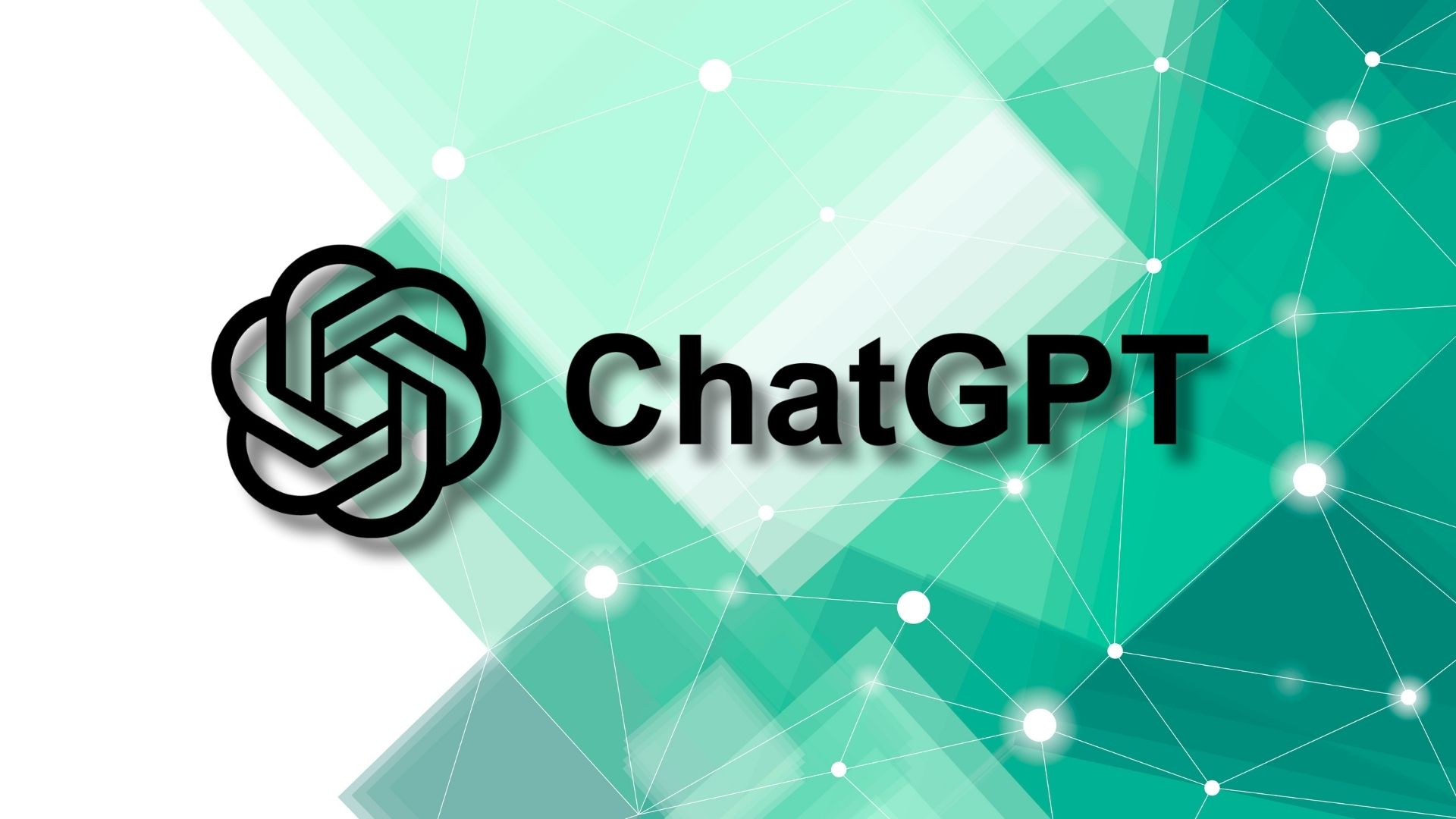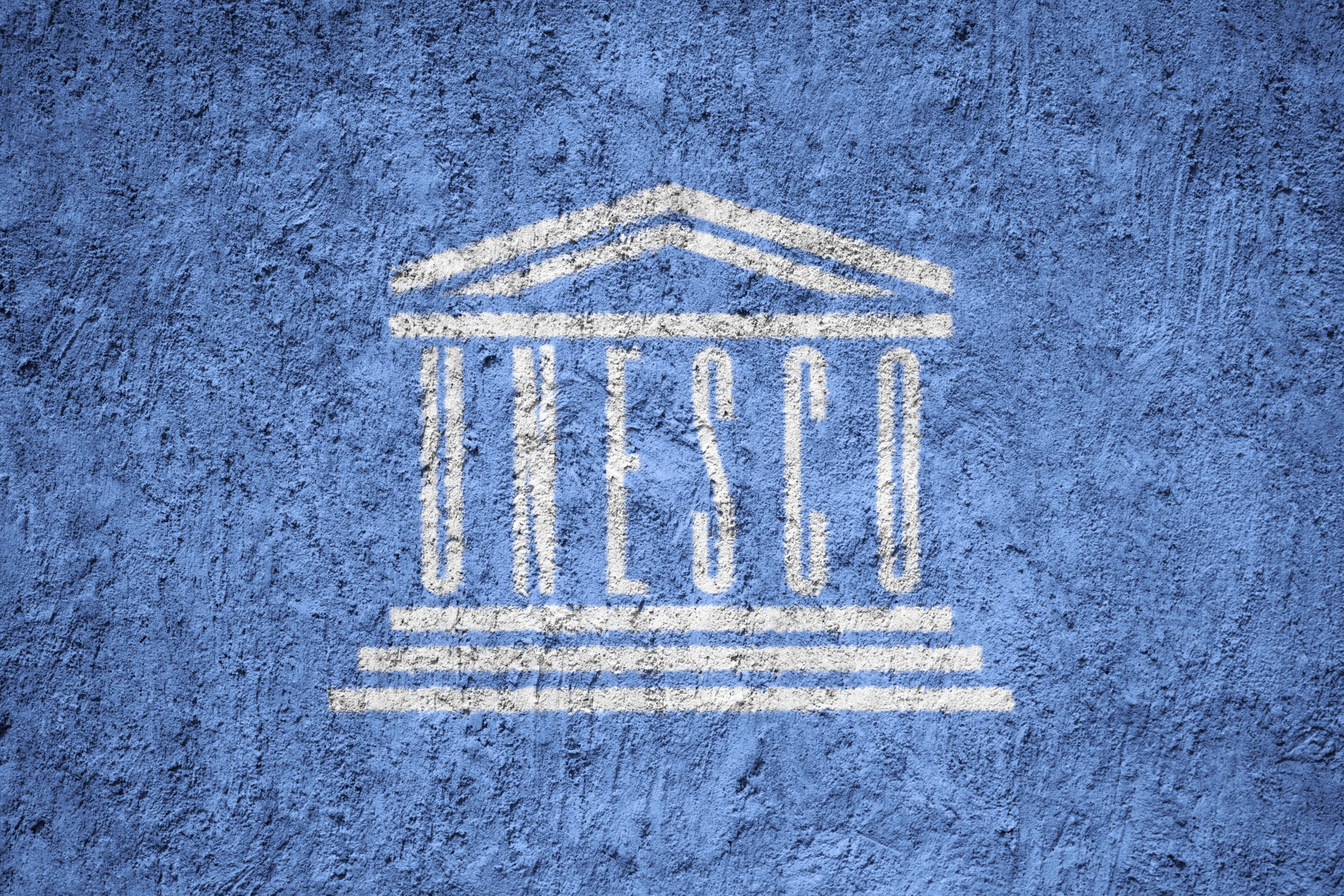As announced yesterday, YouTube is expanding its response to synthetic media by introducing experimental likeness detection tools that allow creators to identify videos where their face appears altered or generated by AI.
The system, modelled conceptually on Content ID, scans newly uploaded videos for visual matches linked to enrolled creators, enabling them to review content and pursue privacy or copyright complaints when misuse is detected.
Participation requires identity verification through government-issued identification and a biometric reference video, positioning facial data as both a protective and governance mechanism.
While the platform stresses consent and limited scope, the approach reflects a broader shift towards biometric enforcement as platforms attempt to manage deepfakes, impersonation, and unauthorised synthetic content at scale.
Alongside likeness detection, YouTube’s 2026 strategy places AI at the centre of content moderation, creator monetisation, and audience experience.
AI tools already shape recommendation systems, content labelling, and automated enforcement, while new features aim to give creators greater control over how their image, voice, and output are reused in synthetic formats.
The move highlights growing tensions between creative empowerment and platform authority, as safeguards against AI misuse increasingly rely on surveillance, verification, and centralised decision-making.
As regulators debate digital identity, biometric data, and synthetic media governance, YouTube’s model signals how private platforms may effectively set standards ahead of formal legislation.
Would you like to learn more about AI, tech and digital diplomacy? If so, ask our Diplo chatbot!










